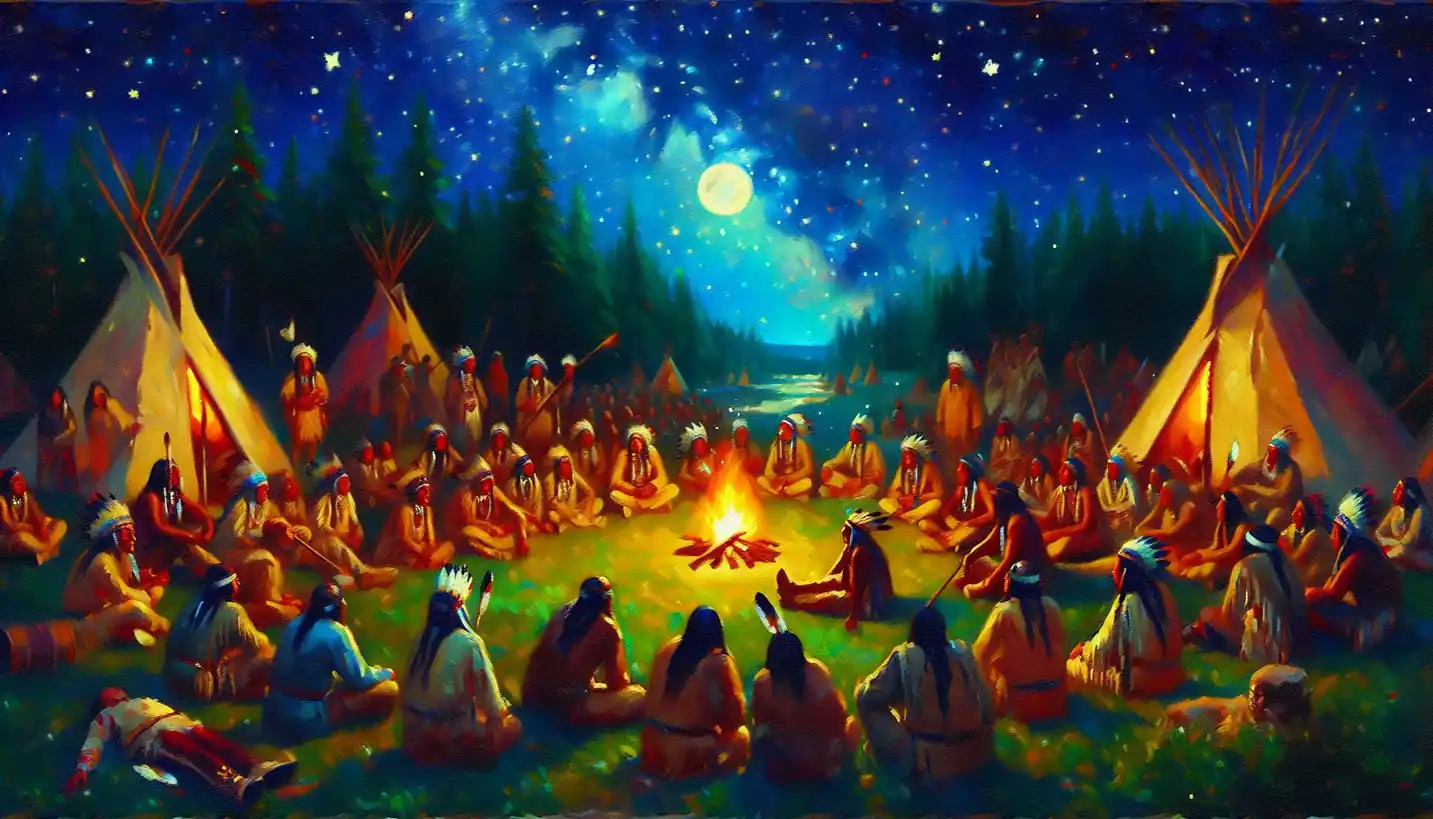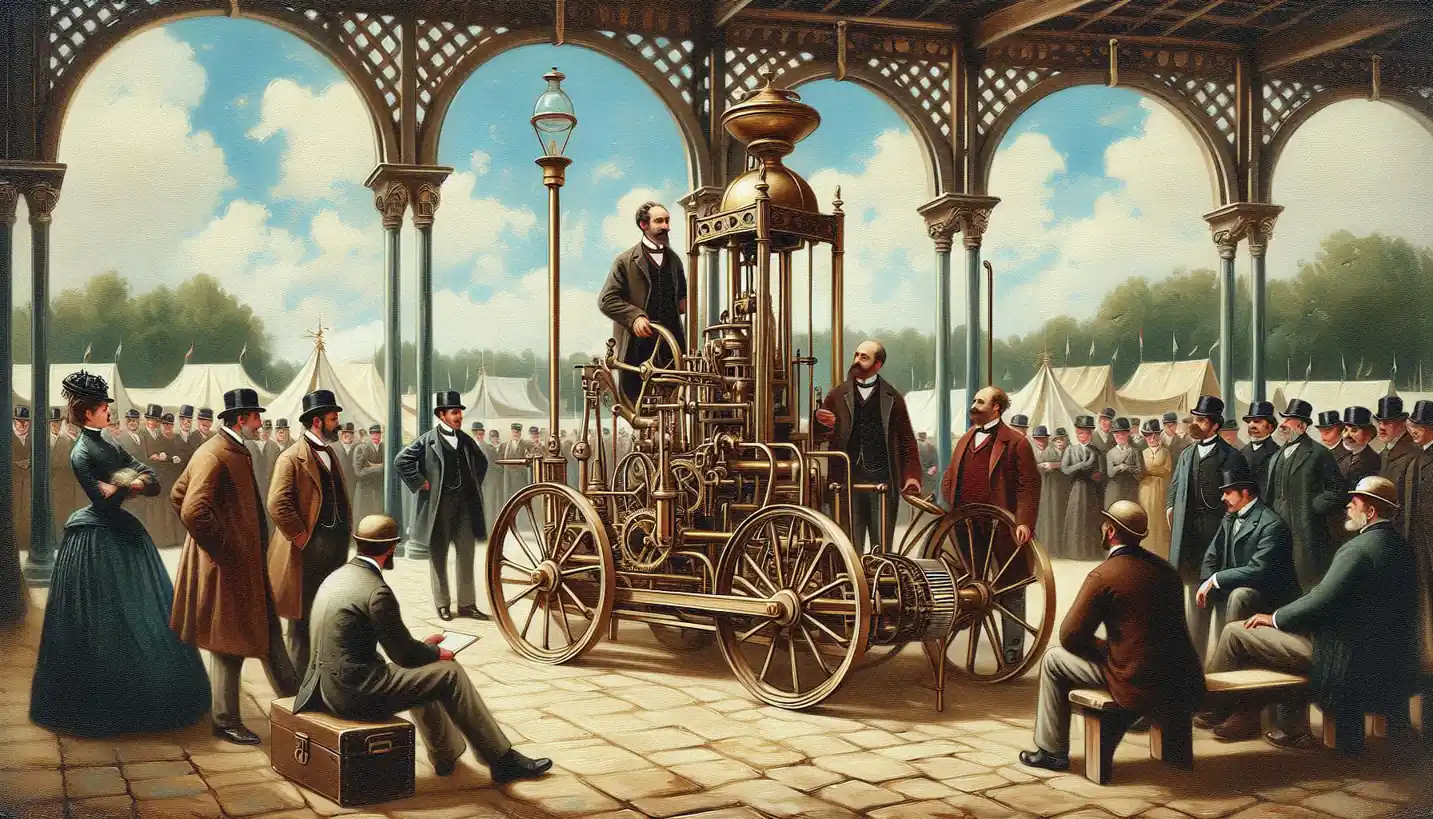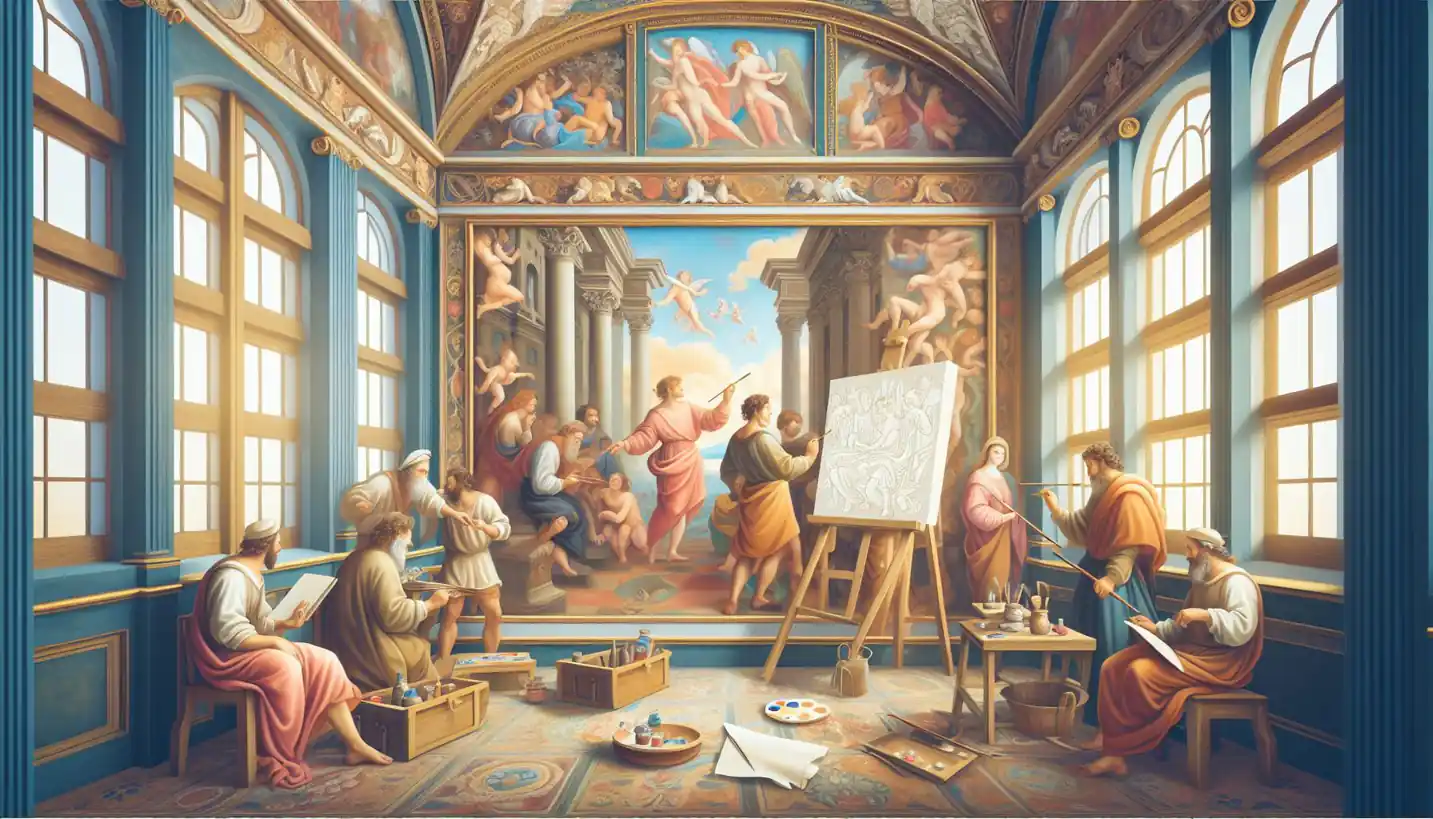· History · 4 min read
Refugee: A Concept in Migration History, Untold Stories
Stories of refugees offer untold perspectives on migration history. These individuals exemplify resilience while seeking safety and freedom.

Picture this: you’re forced to leave your home, your memories, and everything familiar because staying means danger. This has been the reality for countless people throughout history, labeled as “refugees.”
The Birth of the Refugee Concept
The term “refugee” dates back centuries, but its underlying story is timeless. Historically, people have fled conflict, persecution, and disasters for safer lands. In the late seventeenth century, the word gained prominence when the Huguenots, French Protestants, fled to escape religious persecution. This set the stage for understanding refugees not just as migrants, but as people with no choice but to leave for safety.
Tracing the Historical Footprints
Ancient Times
The act of fleeing isn’t new. Even in ancient societies, such as during the fall of Troy or the biblical Exodus, groups moved, seeking refuge. Such movements were less documented, but their impact is clear in ancient texts and archaeological findings.
Middle Ages to Early Modern Period
In medieval Europe, religious conflicts, like the Crusades, displaced millions. Fast forward, the age of colonialism created many refugees, as indigenous populations faced displacement by settlers. The Atlantic slave trade, while distinct in its horrors, showed parallels in forced migration.
The World Wars and 20th Century
World War I and II marked massive refugee crises. The end of World War II saw millions displaced. The newly formed United Nations responded with landmark agreements like the 1951 Refugee Convention. This pivotal moment gave refugees specific legal protections, defining them and laying down obligations for host countries.
Recent Decades
Conflict hasn’t ceased. From the Vietnamese boat people in the 1970s to today’s Syrian crisis, the story continues. Political instability, climate change, and wars continue to push people to search for peace elsewhere.
Understanding the Refugee Experience
Being a refugee isn’t just about moving from one place to another. It’s a profound transformation. Imagine losing your home, oftentimes family, community, and culture, and stepping into an unknown world. This journey involves physical risks, emotional turmoil, and the often daunting task of adapting to a new society.
Why Do Refugees Matter Today?
Refugees are part of a larger migration history, but their experiences raise unique questions about human rights and global responsibility. Consider this: every refugee story is a testament to resilience, adapting to foreign lands, and altering social and cultural tapestries worldwide.
Global Responses and Challenges
Legal Frameworks and Their Evolution
The 1951 Refugee Convention set the blueprint for international refugee laws. However, the growing numbers and evolving crises necessitate constant updates. Recent debates have revolved around extending protections to those fleeing climate change, as rising seas and desertification create new types of forced migrations.
Societal Impacts
Refugees bring diversity, economic potential, and cultural richness to host countries. Yet, challenges remain. Social integration can be tough. Host societies often face pressures, from resource allocation to cultural adjustments.
Personal Stories and Real-life Examples
Imagine a family from Syria making the perilous journey across the Mediterranean. Their boat capsizes, yet somehow, they survive and reach Europe. Each family member carries a story of survival, struggle, and hope. Stories like these personalize the refugee crisis, reminding us of the individuals behind the numbers.
Future Directions in Refugee Studies
Technological and Research Advances
Technology is revolutionizing how we study migration. Tools like data analytics and geographic information systems (GIS) are mapping refugee movements in real-time. These innovations offer insights into migration patterns, aiding in quicker, more efficient responses to crises.
Policy Developments
Discussing future policies, experts advocate for global cooperation. No single country can shoulder the refugee burden alone. An international community effort is essential, focusing on shared responsibility and sustainable solutions.
Emphasizing Humanity
In the end, the refugee story is a human story. It calls us to reflect on compassion, empathy, and shared fate in a world intricately linked. How we respond to refugees today might shape a more humane world tomorrow.
Conclusion: A Call to Awareness
Opening our hearts and understanding to refugees, past and present, enriches the narrative of humanity itself. As the world shrinks and crises loom, understanding refugee history and their struggles becomes not only necessary but crucial for building a compassionate future. How will you contribute to this evolving story?
The refugee concept in migration history isn’t just about movement. It tells a tale of survival, hope, and the relentless pursuit of peace. Remember, each refugee carries a world of untold stories waiting to be heard.


